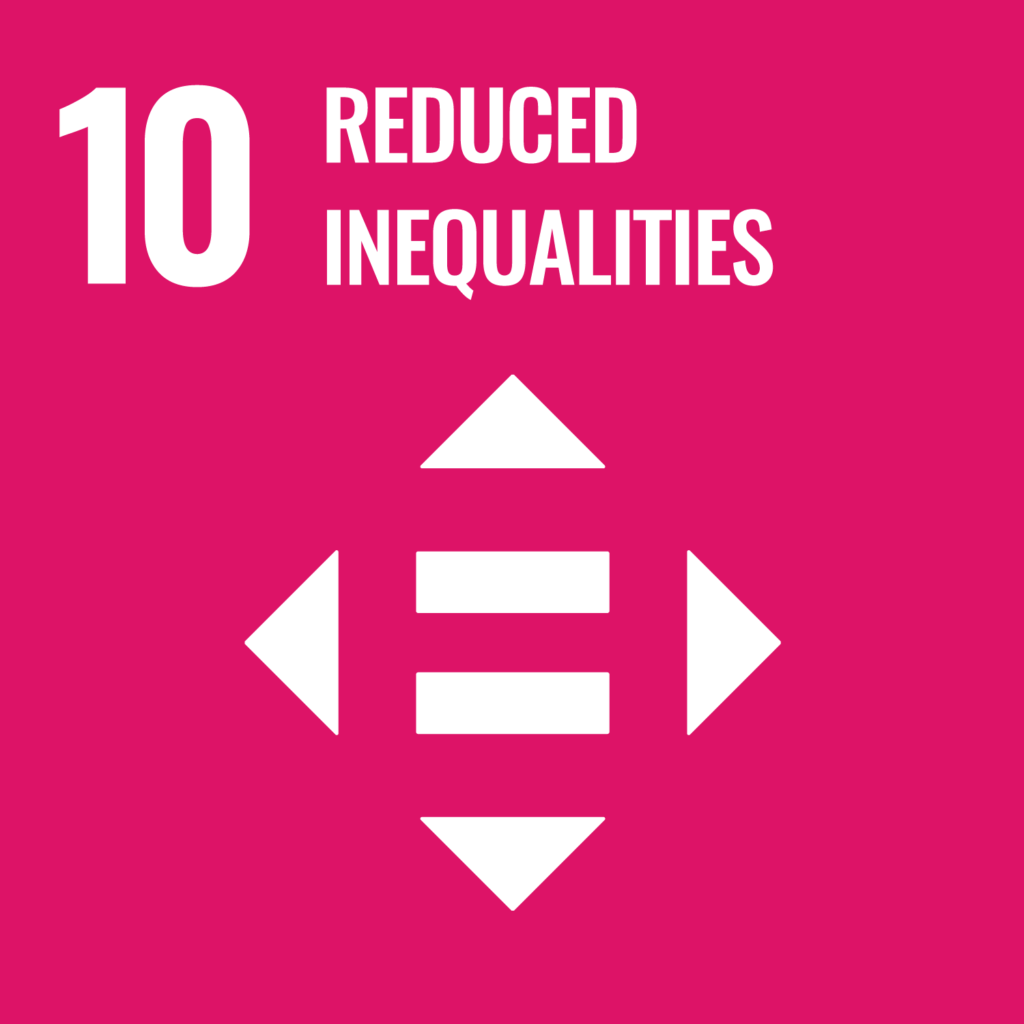Increase in number of children participating in school/early childhood education.
When children grow up in disadvantaged households, they are more likely to have disrupted education and experience poverty and homelessness as adults. The Education Pathways Program is one of the only programs in the state that provide targeted educational support to ensure children in crisis stay connected to school and kinder.
135
Children assisted this year, 26% increase
72
New children supported
Our work contributes to the SDGs




Programs such as our Education Pathways Program (EPP) are more critical than ever, given the 2021 census showed a significant increase in the number of children and young people experiencing homelessness.
In 2022, we expanded the program to support children who had recently moved to the newly opened Viv’s Place to enrol and engage with their new schools and resolve learning gaps associated with their experience of homelessness.
This year, we worked with 135 children: 93 children at South Melbourne and 42 children at Viv’s Place. Additionally, 54 families were supported: 37 at South Melbourne and 17 at Viv’s Place. Of these, 72 children and 34 families were new to the program.
The program completed 61 enrolments for children in South Melbourne and 22 enrolments for children at Viv’s Place. Eleven children from seven families were supported by a speech pathologist and the program also introduced a new psychologist to work with children.
Our Education Pathways Program won the ‘Engaging Kids in School’ award in the 2023 Victorian Protecting Children Awards. The program was also a finalist in Victorian Early Years Awards for the ‘Improving Access and Participation in Early Learning Award.’
Further to the EPP, Launch Housing offers additional services to children and parents through the Children’s Specialist Support Services (CSSS) portfolio, including case management and skills development support to parents in trauma-informed caregiving, and therapeutic and recreational activities for children. This year, the program supported 92 children and 37 families.
Looking ahead
With the current housing crisis and cost-of-living pressures we expect to see a continued increase in the number of families experiencing hardship and homelessness and more children needing support from EPP across our families’ programs in the coming year.
This is different for children at Viv’s Place in Dandenong as the children are no longer in housing crisis and are all enrolled in a school. Instead, the EPP will expand its focus on supporting children to improve their attendance and engagement at school, and address learning gaps that have been established after periods of school mobility, instability, stress and trauma. This expanded focus will be closely monitored for its applicability in supporting all children who have experienced homelessness when they move into their long-term home.
The Education Pathways Program will continue to work closely with schools to put in place trauma-informed teaching strategies to improve classroom participation, peer connections and academic achievement, an essential part of increasing children’s engagement with school.
